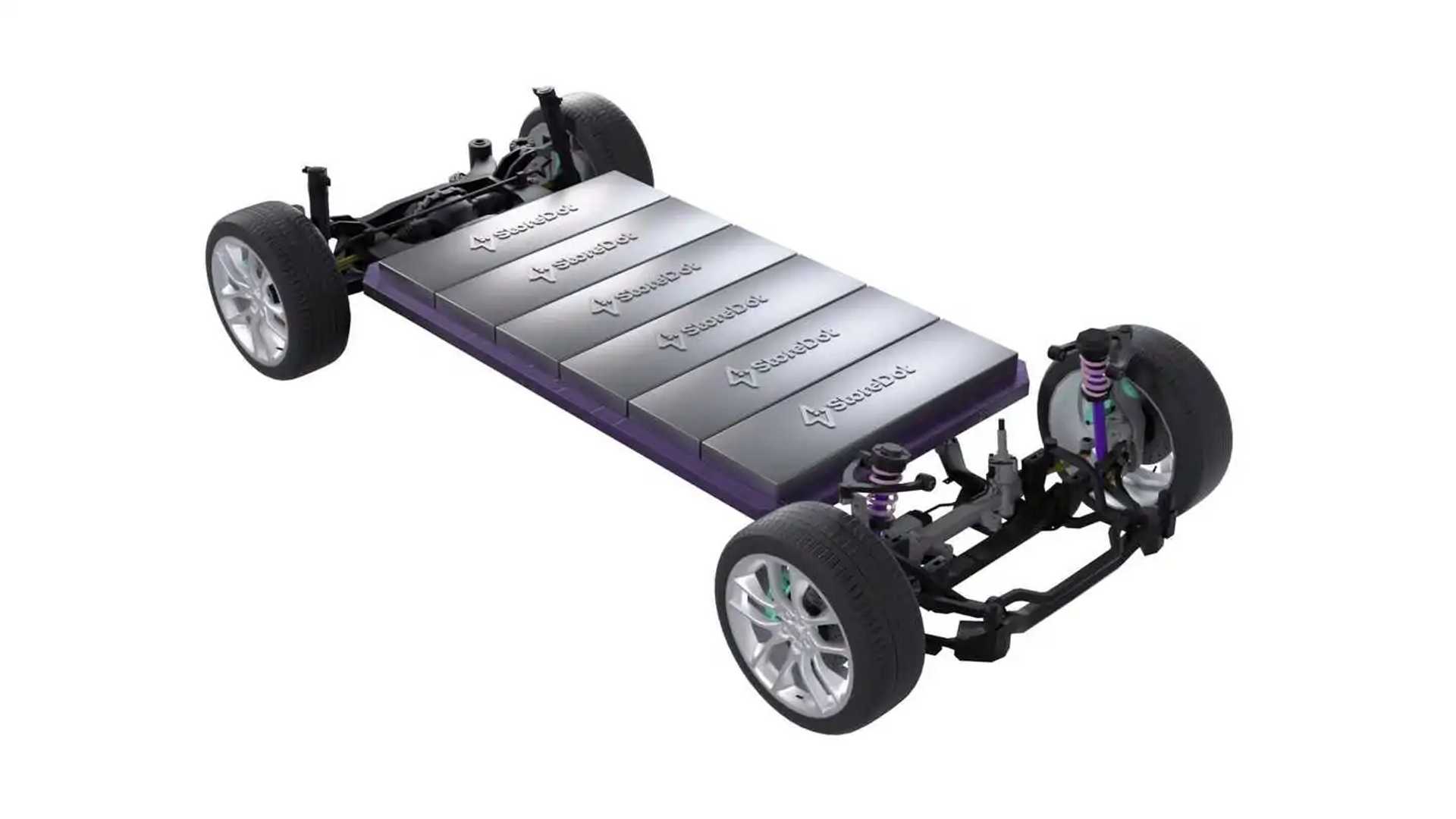StoreDot's Extreme Fast Charge Batteries Set for Global Manufacturing

StoreDot, an Israeli-based startup pioneering extreme fast charging (XFC) batteries for electric vehicles, has announced its global manufacturing strategy in three continents, targeting the US, Europe, and Asia, as it aims to serve its automotive customers where they are located. The company plans to collaborate with existing and future local gigafactories instead of building its own facilities. The goal is to reduce carbon impact, localize the supply chain, and enable just-in-time production efficiency.
StoreDot has made significant progress in manufacturing XFC batteries and systems, with over 15 global automotive manufacturers currently testing its groundbreaking technology. The company has also secured investments from strategic partners and investors, including Daimler, VinFast, Volvo Cars, Polestar, Ola Electric, Samsung, TDK, and manufacturing partner EVE Energy.
StoreDot's 100inX product roadmap is designed to deliver "Range on Demand" with 100 miles charged in 5 minutes in 2024, 100 miles charged in 3 minutes by 2028, and a highly energy-dense solution enabling 100 miles to be charged in just 2 minutes by 2032. The company remains on track to achieve mass production readiness of its 100in5 technology by 2024.
StoreDot's manufacturing strategy aligns with its commitment to environmental sustainability by minimizing its carbon impact and utilizing existing standard production lines without any changes to process or equipment. By serving its OEM customers from their own locations, StoreDot aims to deliver its batteries consistently, efficiently, and sustainably.
Overall, StoreDot's global manufacturing strategy demonstrates its commitment to serving its global automotive customers and advancing the electric vehicle industry. As more automotive manufacturers look to transition to electric vehicles, StoreDot's XFC batteries could play a critical role in overcoming the charging anxiety that remains a significant barrier to mainstream EV adoption.